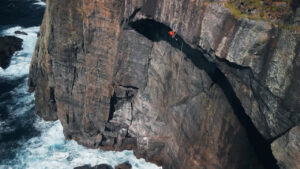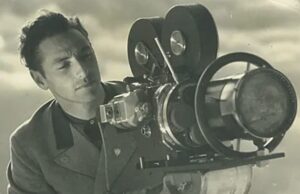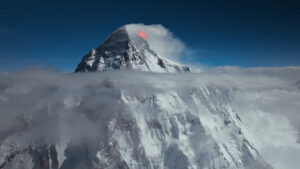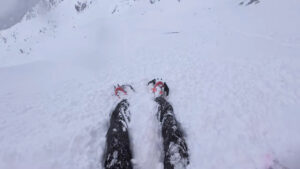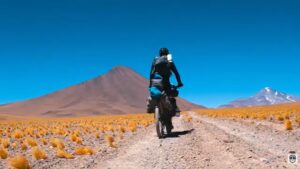Gaucho chronicles the days of elderly Patagonian gaucho Heraldo Rial. Gauchos are skilled horsemen and cattle ranchers who have lived independently in the Patagonian region for centuries. Known for their bravery and skill, the gaucho is a sort of folk hero in Argentina. But as modernity encroaches, that ancient way of life is under threat. Rial is one of the last true gauchos.
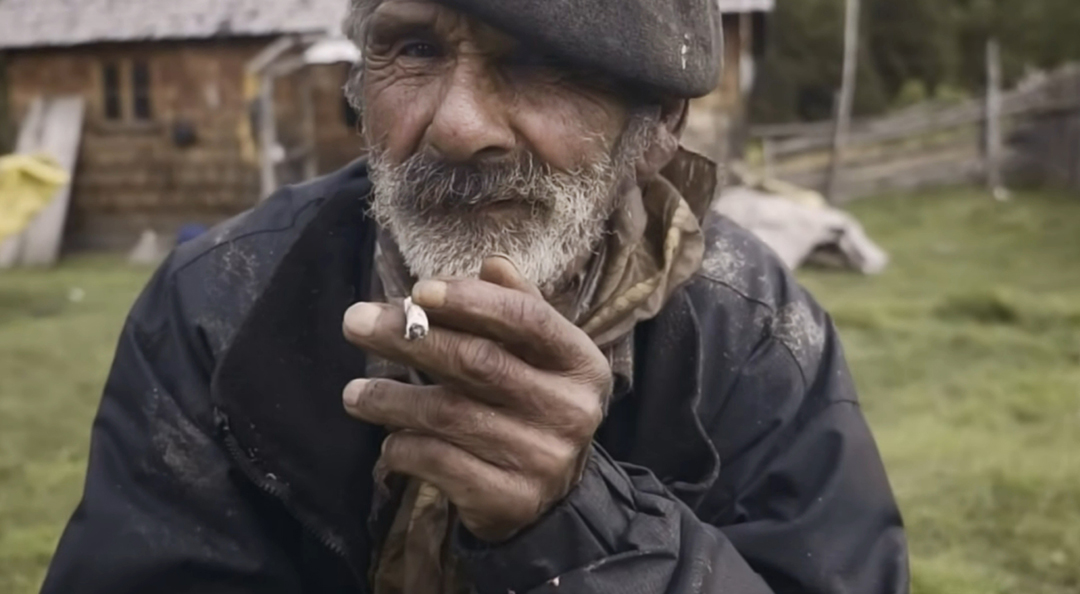
Octogenarian cowboy Heraldo Rial. Photo: Screenshot
Now 80 years old, Rial can’t do everything he used to. In the summer, three men make their way to the one thousand hectares of wilderness that he ranches. Papo, his nephew Diego, and his son Franco come to help Rial with his tasks. They’re the only people who make the days-long journey through the mountains to see Rial.
He spends the winters alone in his little house, bringing his herd down from the mountain pastures to wait out the wind, rain, and snow. Papo compares him to a hibernating bear, tranquil and quiet. But he works every day, tending to his animals and maintaining the house and fences.
“I’m going to die here, at some point,” Rial states calmly, as the camera lingers over his home. He seems to be at peace with the idea.
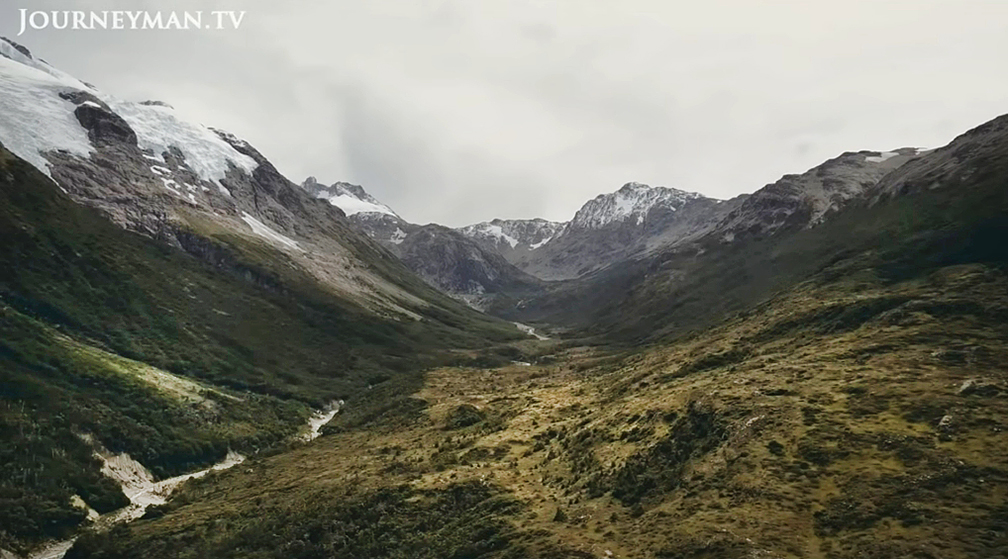
One of the vistas from Rial’s 1000 hectares, or 10 square kilometers, of ranchland. Photo: Screenshot
A dying breed
Most of the gauchos that Rial knew are gone now. Increased urbanization, as Papo explains, led gauchos to sell their lands and move to the cities, abandoning the mountain paths and old places.
Cattle ranching is an important part of the economy in Argentina. However, most of that money is made by a long series of middlemen. The men like Rial who work every day to raise the animals earn just enough to get by. In return, they face danger, isolation, and grueling work.
The film shows some of Rial and his helpers’ daily tasks, which include finding and chasing down an escaped herd, branding and gelding young steers, and butchering animals.
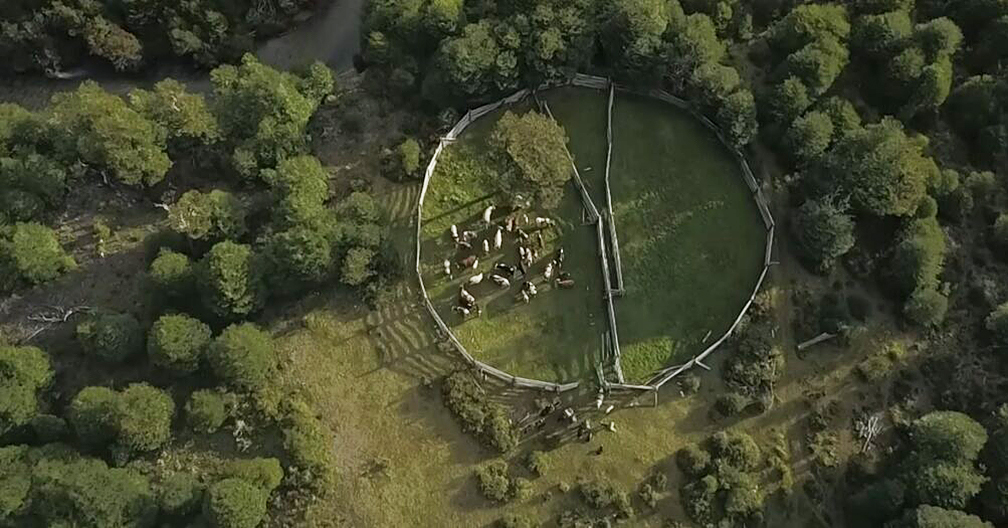
After a long, dangerous chase, Rial, Paco, and the boys have the herd back in their pen. Photo: Screenshot
Papo guides his son Franco, who is learning these skills for the first time. Rial might have passed these skills onto his own son, a friend of Papo, but he died five years ago. “But that’s life,” Rial says. “And his came to an end. He had to leave.”
Rial’s way of life is more than specific skills and herding practices.
“One should live without thinking,” Rial explains. The way of country people, as he describes it, is one of acceptance. Of death, inevitability, circumstance. It’s a way of thinking and living that is alien to modern, urban existence.
“He’s the only gaucho left in Patagonia,” Papo reflects. “There are no more.”

